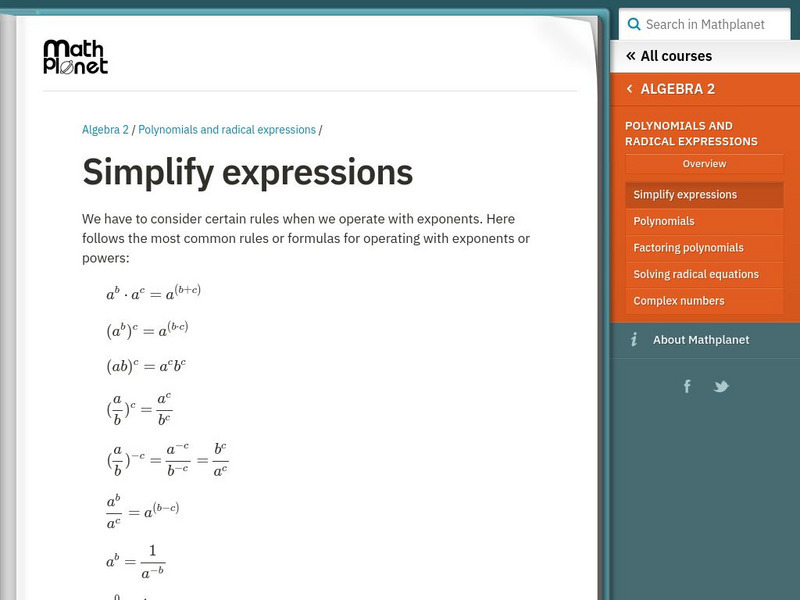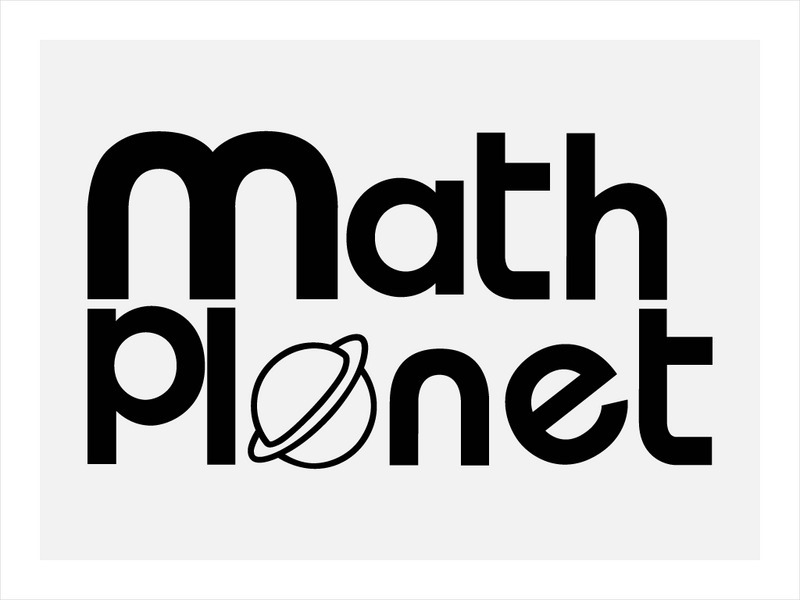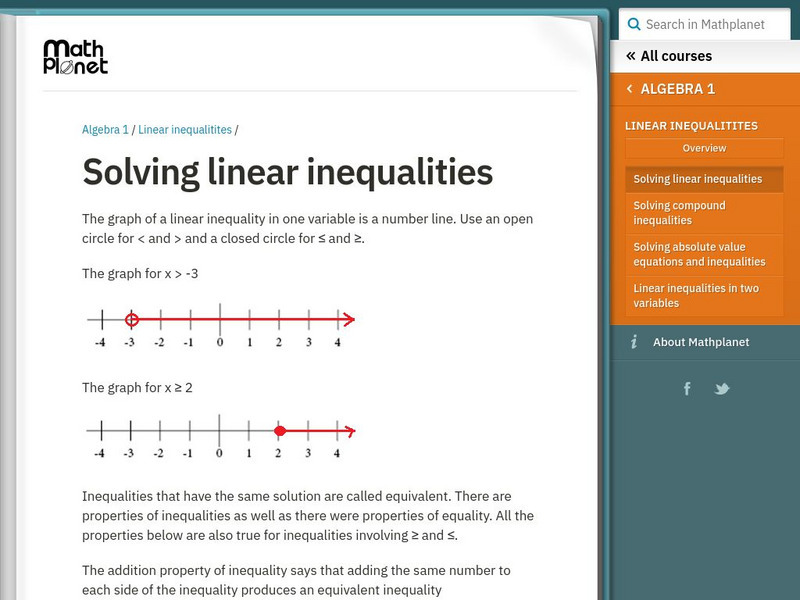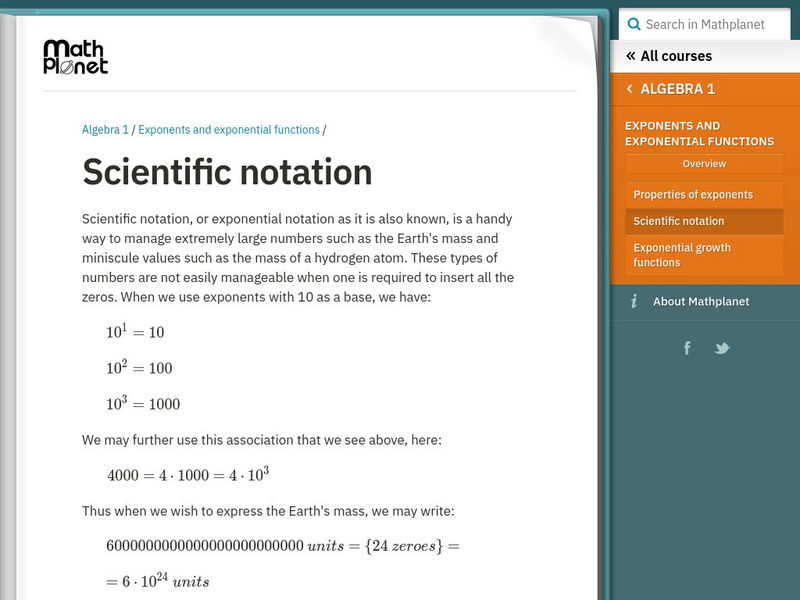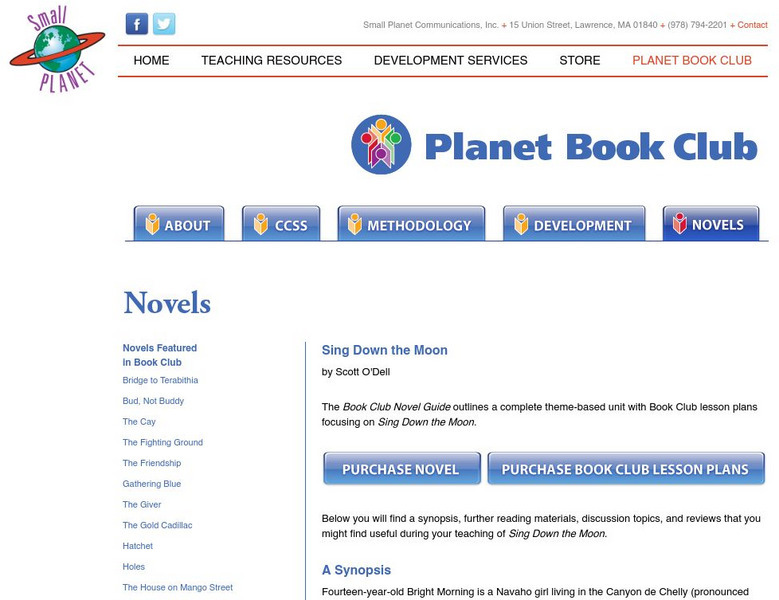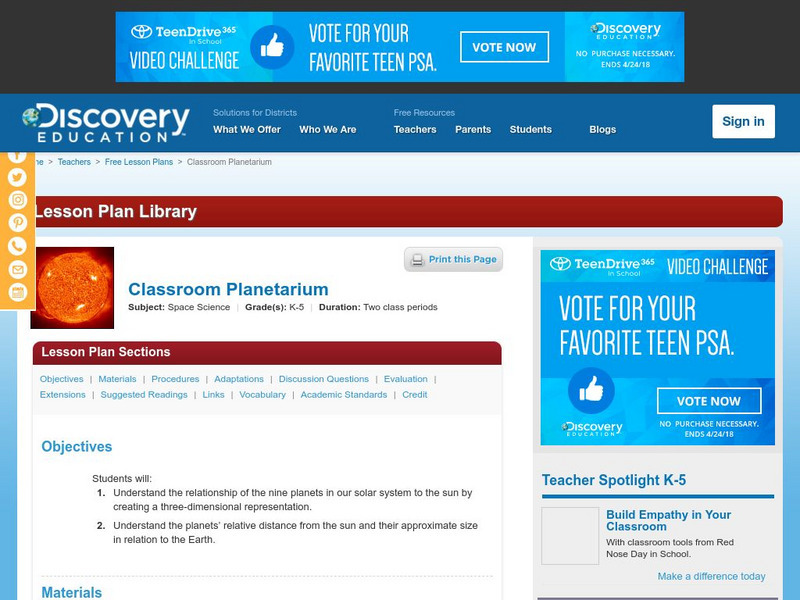Better Lesson
Better Lesson: Our Sky
What objects are in the day sky and the night sky? How do they seem to move? Come and explore with us as we discover the sun, moon, planets and stars! This detailed lesson plan includes pictures and videos of the lesson in action,...
Education.com
Education.com: The Solar System: Learning About Planets
[Free Registration/Login Required] Learn all about the components of the solar system with this downloadable lesson plan. Includes several student handouts and a research activity.
Math Planet
Math Planet: Algebra 2: Line Plots and Stem and Leaf Plots
Provides examples and a video lesson that illustrate line plots and stem-and-leaf plots. [1:12]
Math Planet
Math Planet: Polynomials and Radical Expressions: Simplify Expressions
How to simplify an expression is explained through the use of examples and a video lesson. [2:41]
Math Planet
Math Planet: Pre Algebra: Calculating the Area and the Perimeter
Gain an understanding of how to calculate the area and the perimeter by viewing examples and a video lesson. [1:13]
Math Planet
Math Planet: Algebra 1: Monomials and Polynomials
Gain an understanding of monomials and polynomials by viewing examples and a video lesson. [0:57]
Math Planet
Math Planet: Pre Algebra: Probability of Events
Discover how to find the probability of an event by taking a look at examples and a video lesson.
Math Planet
Math Planet: Pre Algebra: Circle Graphs
Learn about circle graphs or pie charts through examples and a video lesson.
Math Planet
Math Planet: Algebra 1: Integers and Rational Numbers
Provides an example and a video lesson that illustrates integers and rational numbers.
Math Planet
Math Planet: Solving Linear Inequalities
Provides examples and a video lesson that illustrates how to solve linear inequalities.
Math Planet
Math Planet: Algebra 1: Scientific Notation
Provides examples and a video lesson that illustrates scientific notation.
Math Planet
Math Planet: Polynomials
Provides examples and a video lesson that illustrate how to multiply and divide polynomials.
Other
Sandburg Center for Sky Awareness: What Are the Shapes of the Planets' Orbits?
In this lesson plan investigation students learn about the shapes of the planetary orbits by experimenting with ellipses of different proportions.
Other
Small Planet: Social Darwinism,reason or Rationalization?
This site clearly explains the concept of Social Darwinism, then asks students to evaluate its implications in an example. Good lesson in critical thinking and philosophy.
Other
Planet Book Club: Sing Down the Moon by Scott O'dell
This resource features book information, lesson plans and links to sites that can be used to enrich the book "Sing Down the Moon," by Scott O'Dell.
Math Planet
Math Planet: Algebra 1: Rational Expressions: Multiply Rational Expressions
How to multiply rational expressions is explained through the use of examples and a video lesson. [3:18]
Math Planet
Math Planet: Algebra 1: Radical Expressions: The Distance and Midpoint Formulas
Distance and midpoint formulas are explained through the use of examples and a video lesson. [1:58]
Math Planet
Math Planet: Scientific Notation
Gain an understanding of scientific notation by viewing examples and a short video lesson.
Discovery Education
Discovery Education: Classroom Planetarium
Create a classroom model of the solar system while teaching about relative size of all the planets, and each planet's distance from the sun.
ClassFlow
Class Flow: Dictionary
[Free Registration/Login Required] Students will recognize the functions of dictionaries and the types of information available in dictionaries used in schools. They will learn the differences between dictionaries and thesauruses....
Other
Making a Scale Model of the Solar System
In this lesson plan site, students are asked to construct a scale model of the planets to help visualize the relative size of planets and their relative distance from the Sun. Links are provided to the Sun and the planets which contain...
TED Talks
Ted: Ted Ed: From the Top of the Food Chain Down: Rewilding Our World
Our planet was once populated by megafauna, big top-of-the-food-chain predators that played their part in balancing our ecosystems. When those megafauna disappear, the result is a "trophic cascade," where every part of the ecosystem...
TED Talks
Ted: Ted Ed: How Menstruation Works
At this moment, three hundred million women across the planet are experiencing the same thing: a period. The monthly menstrual cycle that gives rise to the period is a reality that most women on Earth will go through in their lives. But...
TED Talks
Ted: Ted Ed: Why Is Biodiversity So Important?
Our planet's diverse, thriving ecosystems may seem like permanent fixtures, but they're actually vulnerable to collapse. Jungles can become deserts, and reefs can become lifeless rocks. What makes one ecosystem strong and another weak in...



